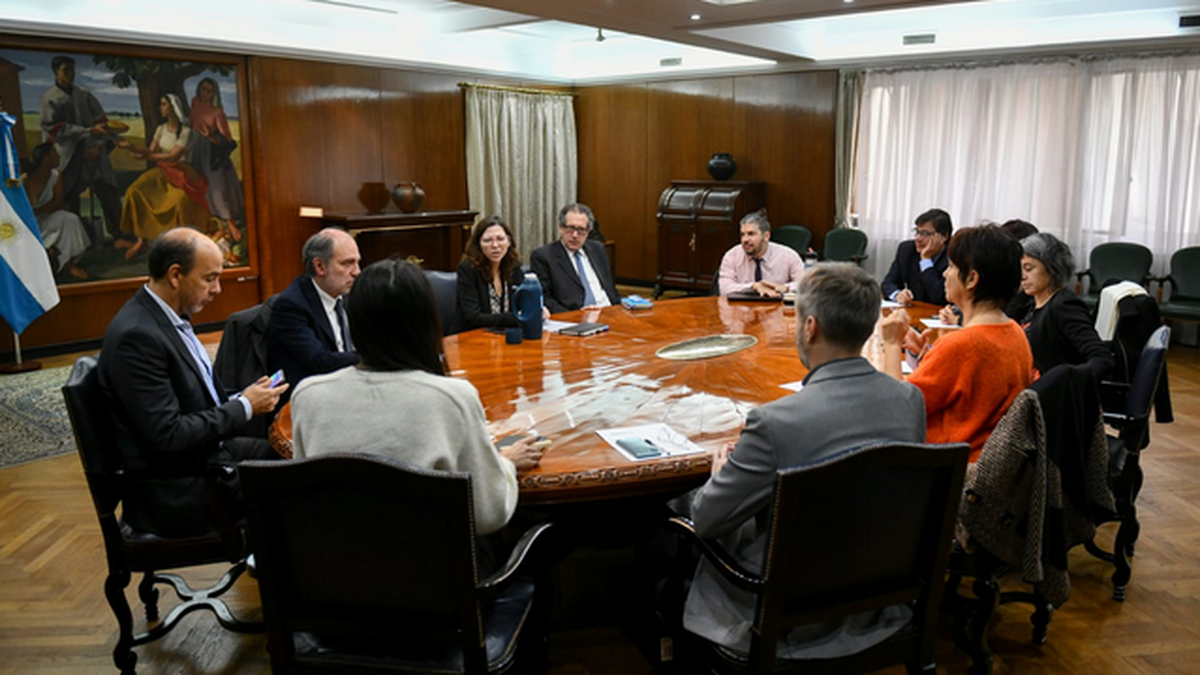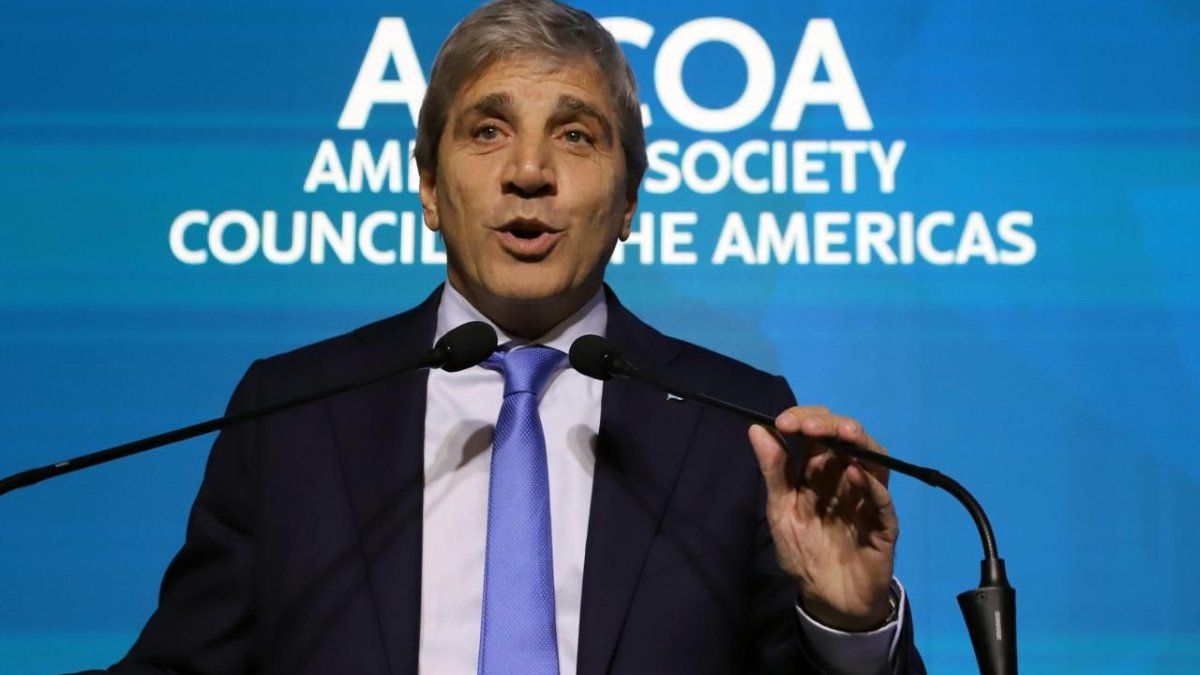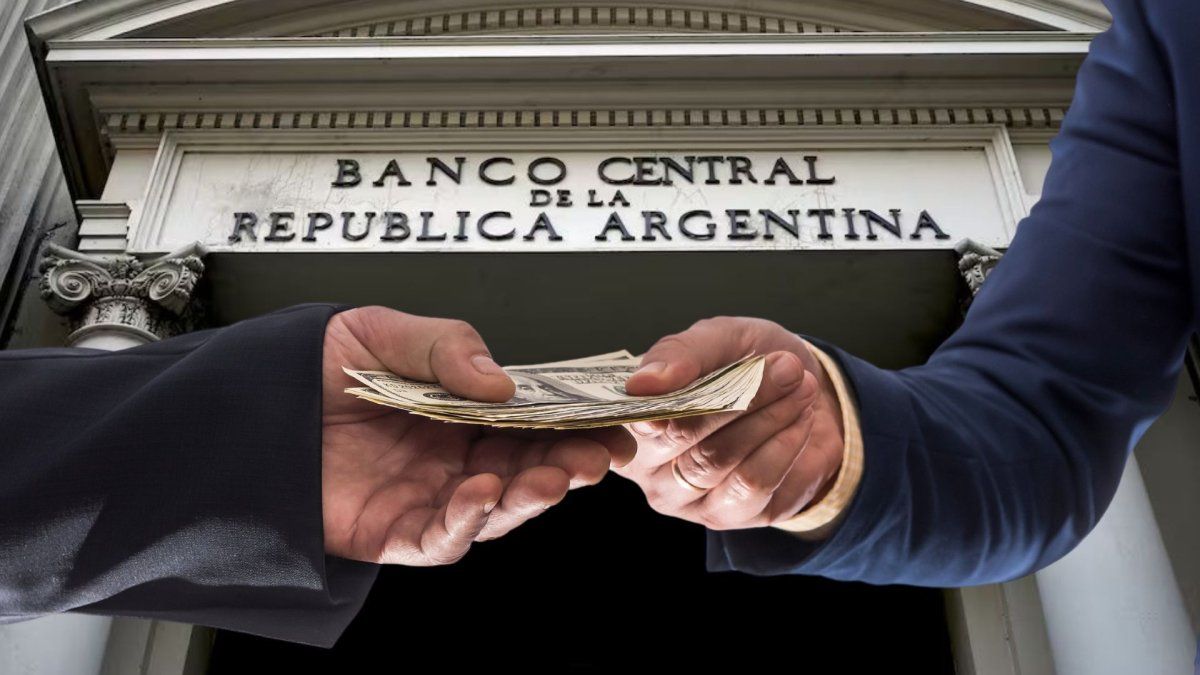If successful, the measure would serve to add supply to both markets to lower prices. More and more companies prevented from accessing the official dollar to import access foreign currency through the CCL, which implies that this market is becoming a reference for costs and transfer to prices. There is a government interest in lowering financials to reduce devaluation and inflationary expectations.
The maximum amount allowed by this mechanism will be up to US$5,000. The exchange rate will be the one that arises from operations in the financial market.
According to the Central Bank,The entities must identify the tourist by document and verify that it is not included in the United Nations lists in the fight against terrorism, and that it does not reside in countries or territories marked by the International Financial Action Task Force. Also, must require a sworn statement stating their status as a tourist and that, in the last 30 days years and in the group of entities has not carried out operations that exceed the equivalent of US$5,000.
The BCRA stated in a statement that to speed up customer service, the entity may settle the operation based on the “reference prices available at that time.” and then “must specify the operations with securities within two business days of being entrusted by the tourist. In addition, for each operation, a ticket must be made. The statement does not clarify whether the entity will have to go to the Cash with Liquidation (CCL) market or to the “Dollar Stock Market”, although according to sources from the entity, this second market will be the reference market.
The measure implies a recognition by the government that there is a legal exchange rate determined by a free supply and demand market that is higher than the official one. But the scheme that was launched is not a traditional exchange operation in which an entity buys and sells foreign currency, but rather a financial type.
The speculation of some market analysts is that it is a scheme that could be extended to other exporting economic sectors to speed up the entry of foreign currency.
Santiago Manoukian, from Ecolatina, stated in statements to Ámbito that the measure is “little to taste” based on the current problems that the economy is going through. During the day the “blue” dollar jumped to $338 and stood at $337. When Economy Minister Silvina Batakis took office, it was $245. The official finished defining the measure in a morning meeting with her team, which included the Minister of Labor, Claudio Moroni; the Legal and Technical Secretary of the Presidency, Vilma Ibarra; the president of the Central Bank, Miguel Pesce; the head of the Federal Administration of Public Revenues, Mercedes Marcó del Pont; the president of the Bank of the Argentine Nation, Eduardo Hecker; the head of the National Securities Commission, Sebastián Negri; and the chief of staff of the Ministry of Productive Development, Camila Cabral.
Manoukian stated that the government “wants to avoid the jump” in the exchange rate but considered that the minister’s deadlines are shortened. Until the fiscal measures that he announced can have some result, it will be a couple of months. Therefore, he suggested that the Economics team should have “strong political support.” Paula Gándara, Adcap economist, said, on her side, that “the Government is going to delay the exchange rate jump as much as possible.” The economist estimated that the devaluation of the exchange rate is of the order of 5% per month against an inflation of 7%, for which she suggests that the entity that leads Pesce is going to try to speed up what is called “crawling peg” (the slide officer’s administration).
According to data from the Central, between January and May, US$2.626 million went away for emissive tourism, consumption with credit cards and transportation. On the contrary, for the same reasons, foreign tourists They barely entered US$163 million. That’s because visitors from neighboring countries come with dollars in cash and exchange them on the informal market, then book hotels and travel in the country, which is extremely cheaper for them.
Source: Ambito
David William is a talented author who has made a name for himself in the world of writing. He is a professional author who writes on a wide range of topics, from general interest to opinion news. David is currently working as a writer at 24 hours worlds where he brings his unique perspective and in-depth research to his articles, making them both informative and engaging.




